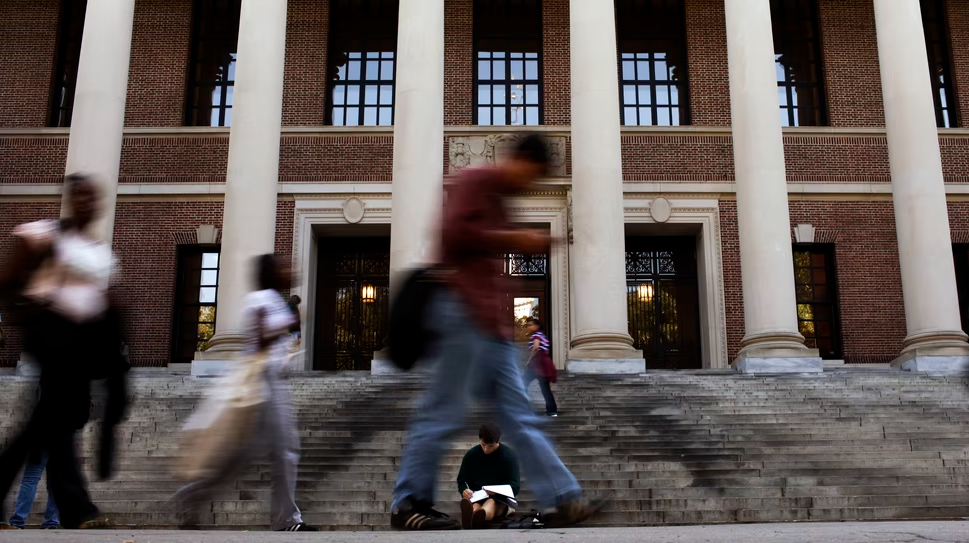2021
EdMobilizer leads the charge for increased admission transparency and fair access to higher education
With the tradition of giving an admissions boost to the children of alumni at America's elite colleges being challenged as part of the ongoing national reckoning with racial injustice, EdMobilizer organizes a campaign to mobilize the “silent majority” of students and alumni who are increasingly skeptical of the practice and utility of legacy preference.
Critics of the policy argue that it is rooted in racism and bestows an unfair advantage to students who need it least. In response, Ivy League students are pressing administrators to abandon the practice, with Yale's student government taking a stance against it in November. A recent vote of Harvard students found that 60% oppose the practice, while hundreds of students and alumni across 30 colleges have promised to withhold financial donations over the issue. In response to this growing opposition, two colleges have recently ended the practice; Amherst College in Massachusetts in October 2020, and Johns Hopkins University in 2020. The latter has since seen an increase in the number of Black and Hispanic students, as well as those from low-income families.
Civil rights groups, including the American Civil Liberties Union, are increasingly adding their support. Meanwhile, a bill in Congress aims to eliminate the practice by outlawing preferences for the children of alumni or donors at colleges that receive federal money.
Proponents of legacy preference argue that it helps build an alumni community and encourages donations. Officials at Harvard and other schools argue that legacy status is just one of many factors considered in admissions, along with grades, test scores and pursuits outside school. At most, they say, it can provide a slight tip in a student’s favor.
This pushback against legacy preferences is part of a broader debate over fairness in college admissions, with the Supreme Court agreeing to review whether colleges can consider applicants' race as a way to expand diversity.

